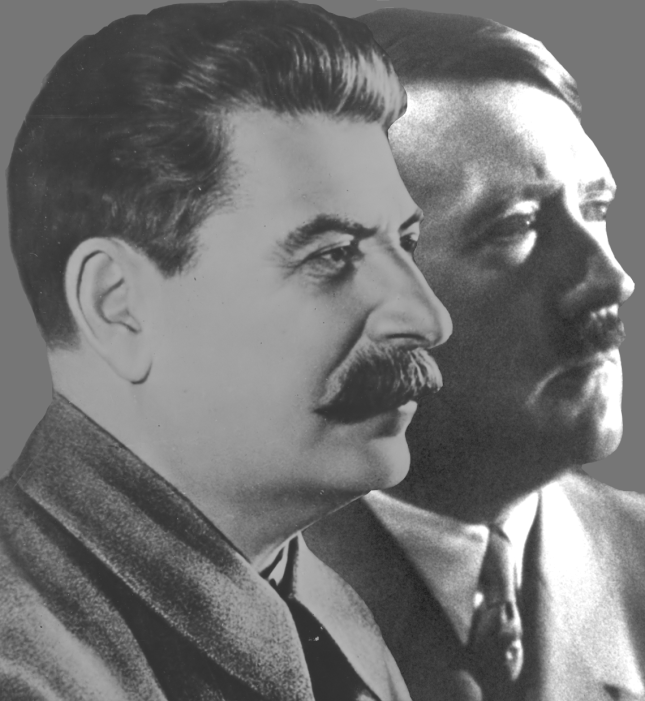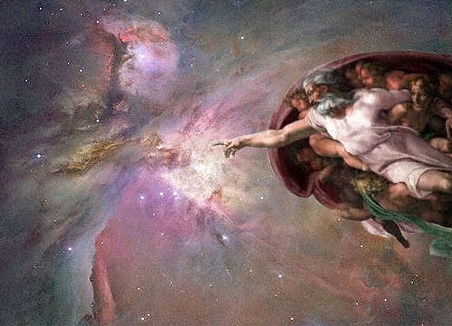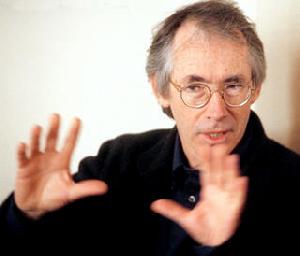Monthly Archives: July 2010
The Big Bang Boom
This one is even better than Muto.
Muto
Check this out. Thanks to Mr Pit for the tip.
Verbed! Not every noun wants to stay that way
Here’s an interesting article by Erin McKean from The Boston Globe.
What do these words and phrases have in common? Friend, Google, TiVo, log in, contact, barbecue, unlike, concept, text, Photoshop, leverage, party, Xerox, reference, architect, parent, improv, transition, diligence, host, chair, gift, heart, impact?
They’ve all been declared-by someone, somewhere, whether a usage expert or just a self-appointed language cop-“not verbs.” It doesn’t matter whether they’re useful, interesting, or entertaining as verbs; to many people, if a word began its life as a noun, then “verbing” it (like I did there) is just wrong.
This visceral reaction is the motivating force behind the recently popular loginisnotaverb.com, one man’s impassioned plea against this kind of verbing. The site’s elaborate (and funny) arguments against login’s verb status really boil down to a simple denial. ”I will repeat the important part for clarity: ‘login’ is not a verb. It’s simply not,” he writes.
The history of English, however, suggests that the language is remarkably flexible in terms of what can be verbed. Almost any word can be drafted to serve as a verb, even words we think of as eternal and unchanging, stuck in their more traditional roles. It’s easy to think of scenarios where ”She me’d him too much and they broke up” and “My boss tomorrowed the meeting again” make sense.
Read the rest here.
Moodle is updated!
The Age of Totalitarianism: Stalin and Hitler
This post is some background reading for those of you who have been reading Nineteen Eighty-Four. You may also find it helpful for your research. The Age of Totalitarianism: Stalin and Hitler is an interesting lecture on The History Guide. Here is the first paragraph:
The Age of Anxiety, the age of the lost generation, was also an age in which modern Fascism and Totalitarianism made their appearance on the historical stage. By 1939, liberal democracies in Britain, France, Scandinavia and Switzerland were realities. But elsewhere across Europe, various kinds of dictators reared their ugly heads. Dictatorship seemed to be the wave of the future. It also seemed to be the wave of the present. After all, hadn’t Mussolini proclaimed that this century would be a century of the right? Of Fascism? And this is what bothered such writers as Arthur Koestler (1905-1983), Yevgeny Zamyatin (1884-1937), Aldous Huxley (1894-1963), Karel Capek (1890-1938) and George Orwell (1903-1950). It was a nightmare world in which human individuality was subsumed under the might of totalitarian collectivism. The modern totalitarian state rejected liberal values and exercised total control over the lives of its subjects. In this way, totalitarianism became a new POLITICAL RELIGION for the Age of Anxiety. How this indeed occurred is the subject of this lecture.
Deism
The term deism came up today – here is a definition:
Deism is the belief in a supreme being, who remains unknowable and untouchable. God is viewed as merely the “first cause” and underlying principle of rationality in the universe. Deists believe in a god of nature – a noninterventionist creator – who permits the universe to run itself according to natural laws. Like a “clockmaker god” initiating the cosmic process, the universe moves forward, without needing God’s supervision. Deism believes that precise and unvarying laws define the universe as self-operating and self-explanatory. These laws reveal themselves through “the light of reason and nature.”
From All About Philosophy.
Exploring life’s boundaries
Another fantastic article from The Age. This one discusses Enduring Love and its exploration of science and reason and their limitations.
DOES science have the answers to everything about “reality”?
Science cannot really account for Jed Parry, despite the “diagnostic criteria” of de Clerambault, outlined in the first appendix in Ian McEwan’s novel Enduring Love.
The final appendix (the last word?) belongs to Parry and his ironically “enduring love”, which has been frantically “endured” by Joe Rose, whose own behaviour has been ambivalently “endured” by his partner Clarissa.
Definitions, behaviours and meanings around “love” and “reality” are integral to the novel’s themes, but also the meaning of science.
Science and reason are among the defining features of Western culture, and this 1997 novel mounts an intriguing case to explore their limits — and limitations.
Read the rest here.
An interview with Ian McEwan about Enduring Love
The following is an abbreviated version of an interview that ran on the NPR affiliate KUSP on February 16th, 1998 and 12:00 pm. Eric Schoeck is the Capitola Book Café Events Coordinator.
E.S.: Several of the reviews I’ve read have targeted the opening scene of Enduring Love as particularly compelling. Have you been hearing this from people as well?
I.M.: I came across a journal entry I wrote about six months before I began working on Enduring Love. My journal tends to be full of little exhortations, and it said, “write a first chapter that would be the equivalent of a highly addictive drug.” I did want to have the reader hit the ground running…
E.S.: So to speak…
I.M.: So to speak. In fact, one of the other chapters was originally the opening. It’s a chapter where someone makes an attempt on the life of the narrator in a restaurant.
E.S.: Which comes much later.
I.M.: Which now is Chapter 19. But originally was the opening. Then I thought, no, that needs to go in its correct place chronologically and we’ll start somewhere else. So, yes, there always was a scheme to have something fairly arresting and, more importantly, an event that would bring fates of different characters into collision.
E.S.: The randomness of fate seems to be one of the most important parts of this novel. It reminded me once again, not how fragile we are, but how fragile fate can be.
I.M.: I often think that when people talk of coincidences that they’re almost bound to occur because we’re like so many atoms in a turbulent system or a gas under pressure. If you lead an averagely busy life, the number of people that you collide with, so to speak, is extraordinary. One could become your husband, or your wife, or, for that matter, your murderer. That random element in life is a gift to a novelist to make a pattern of it, to make some sense of it, to contest its meaning or even ask whether there’s any meaning to it at all. That’s part of the pleasure and unpredictability of writing a novel itself.
Read the rest here.
Film Noir
Last term we discussed film noir, mainly in connection with the future noir film Blade Runner and of course Dead Men Don’t Wear Plaid.
The term film noir (‘black film’) was coined by French film critics who noticed the trend of how ‘dark’, downbeat and black the looks and themes were of many American crime and detective films released in France to theatres following the war, such as The Maltese Falcon (1941), Murder, My Sweet (1944) and Double Indemnity (1944). A wide range of films reflected the resultant tensions and insecurities of the time period, and counter-balanced the optimism of Hollywood’s musicals and comedies. Fear, mistrust, bleakness, loss of innocence, despair and paranoia are readily evident in noir, reflecting the Cold War period. The criminal, violent, misogynistic, hard-boiled, or greedy perspectives of anti-heroes in film noir were a metaphoric symptom of society’s evils, with a strong undercurrent of moral conflict, purposelessness and sense of injustice. There were rarely happy or optimistic endings in noirs.
Classic film noir developed during and after World War II, taking advantage of the post-war ambience of anxiety, pessimism, and suspicion. It was a style of black and white American films that first evolved in the 1940s, became prominent in the post-war era, and lasted in a classic “Golden Age” period until about 1960 (marked by the ‘last’ film of the classic film noir era, Orson Welles’ Touch of Evil (1958)).
Remember, film noir is not a genre, but rather the mood, style, point-of-view, or tone of a film.






